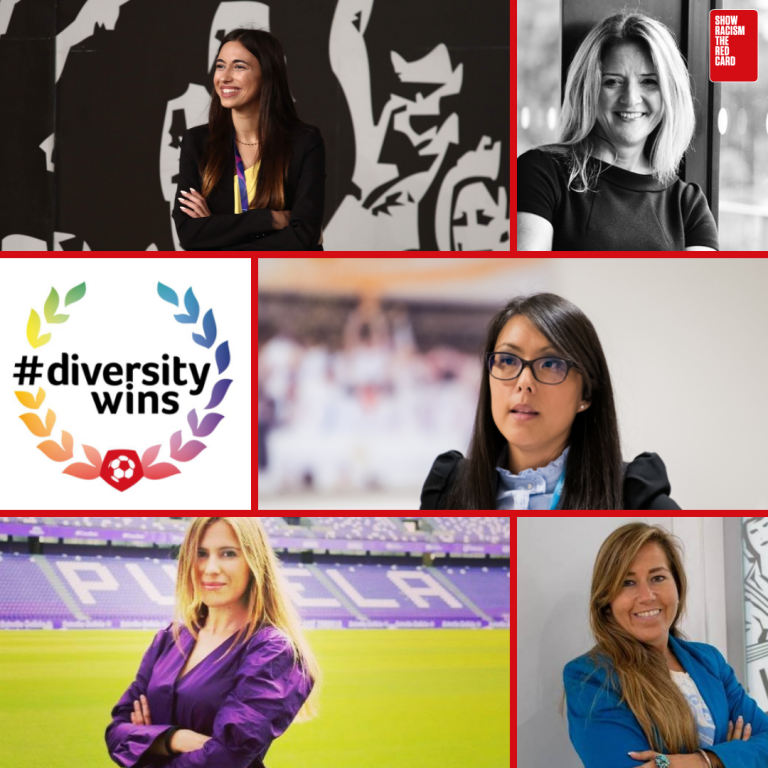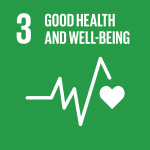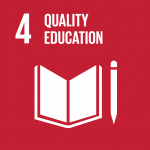Today is Gender Equality Action Day!
During this day, all the clubs, leagues and football associations are encouraged to emphasise their gender equality initiatives through activities within their organisations.
Gender Equality Day is being celebrated on April 11th as one of the Action days related to the #Morethanfootball Action Weeks campaign. Despite the progress that has been made in the last years, gender-based discrimination is still one of the most concerning problems in our society.
This requires an innovative, inclusive approach that mobilizes people of every gender identity and expression as advocates and acknowledges the ways that we all benefit from this equality. Due consideration should also be taken of the views around men, masculinities and their gendered expressions.
At EFDN, we believe sport is a powerful tool to promote and raise awareness of gender equality, helping tear down the barriers of discrimination against women and girls, and LGBTQ athletes. We have gathered a few examples of how football organisations have implemented gender equality programmes.
EFDN PROGRAMMES
Hereby, an overview of the EFDN involvement related to gender equality.
SHOW RACISM THE RED CARD
Show Racism the Red Card (SRtRC) is a 24-month anti-racism and anti-discrimination programme which is based on the proven concept of the Red Card Campaign delivered in several European countries. SRtRC utilises the high-profile status of football and football players to help tackle racism in society. The project aims to raise awareness of diversity, foster social cohesion, and reduce physical and verbal violence linked to racism.

In collaboration with network members Brentford FC Community Sports Trust, Chelsea FC Foundation, Club Brugge Foundation, Inter Campus, Rangers Charity Foundation, PFC Ludogorets, Fundacao Benfica, SV Werder Bremen, and project partner Geef Racisme de Rode Kaart, EFDN delivers the Show Racism the Red Card programme.
COMMUNITY CHAMPIONS LEAGUE
The Community Champions League is a social street football competition organised locally in nine cities in eight different European countries, where the participating teams can win more points through Fair-Play, Fair Support and Volunteering in community activities than by winning their street football matches. The project highlights the key element of “Cultural understanding” in order to generate and emphasises mutual respect while creating confidence amongst the participants and building strong relationships between young people in their communities.

The project is focused on fair play, respect and tolerance, promoting social cohesion, equal opportunities and participation in sports for young boys and girls between the ages of 7 and 15 years. More specifically, the local Community Champions League puts young people with different backgrounds from the same neighbourhood together to compete as a team against their peers from other parts of the city in order to become the Community Champions of their city.
With the aim of promoting social integration through sport, the Community Champions League provides the opportunity for people from different cultures to come together to build relationships and friendships while breaking down barriers through the prevention of violence, racism and intolerance in grassroots sports and their communities.
Club Members and their involvement
PARTNER

SUSTAINABLE DEVELOPMENT GOALS (SDGS)







